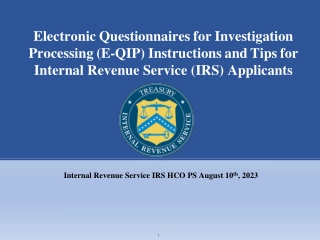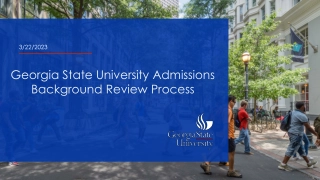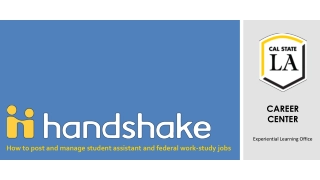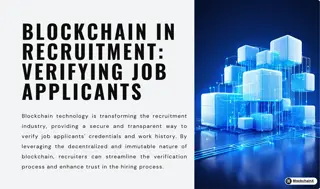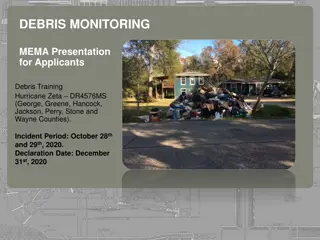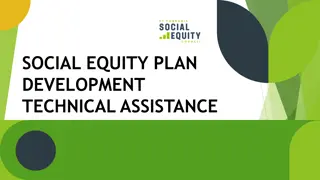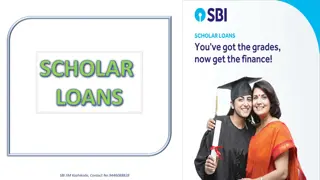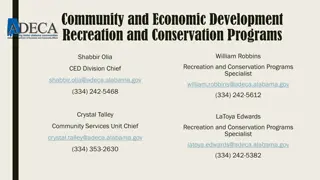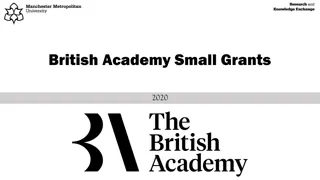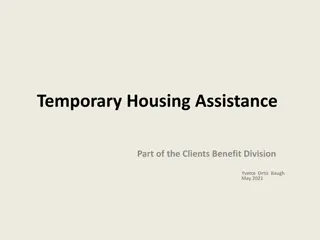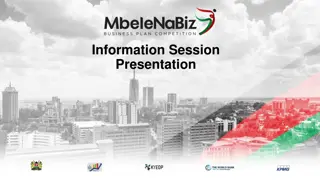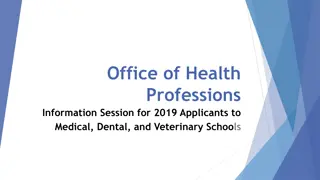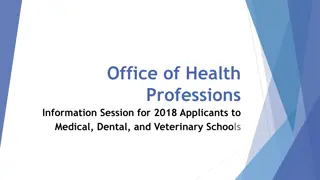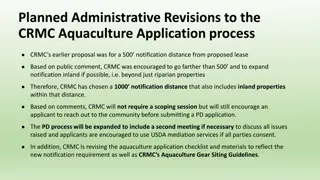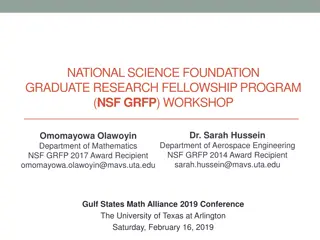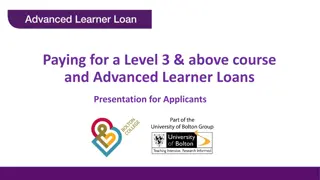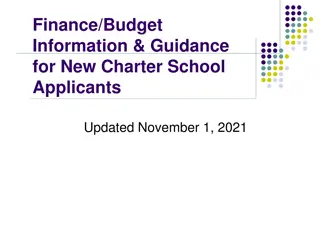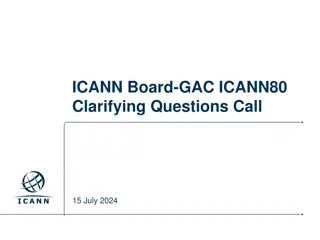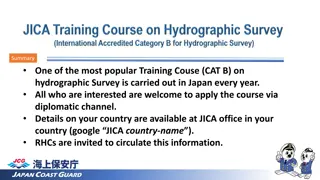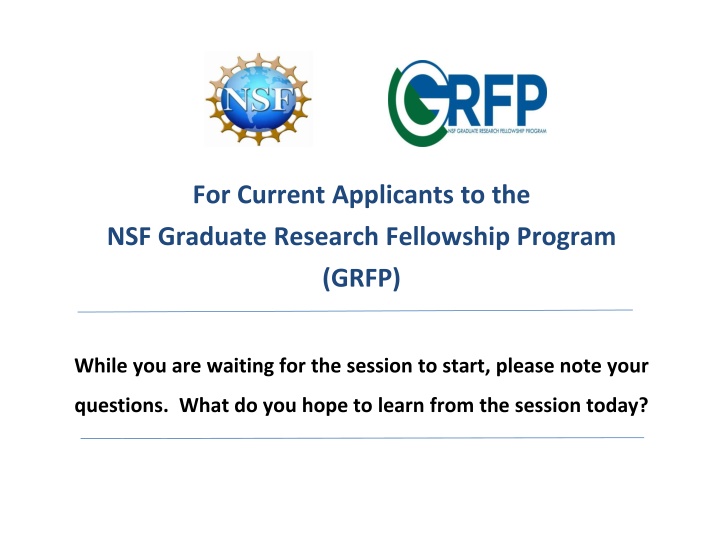
NSF Graduate Research Fellowship Program Overview
Learn about the NSF Graduate Research Fellowship Program (GRFP) including eligibility, benefits, application process, and goals. Find valuable insights to enhance your understanding of this prestigious opportunity for aspiring scientists and engineers.
Download Presentation

Please find below an Image/Link to download the presentation.
The content on the website is provided AS IS for your information and personal use only. It may not be sold, licensed, or shared on other websites without obtaining consent from the author. If you encounter any issues during the download, it is possible that the publisher has removed the file from their server.
You are allowed to download the files provided on this website for personal or commercial use, subject to the condition that they are used lawfully. All files are the property of their respective owners.
The content on the website is provided AS IS for your information and personal use only. It may not be sold, licensed, or shared on other websites without obtaining consent from the author.
E N D
Presentation Transcript
For Current Applicants to the NSF Graduate Research Fellowship Program (GRFP) While you are waiting for the session to start, please note your questions. What do you hope to learn from the session today?
Introduction Robyn Davis Graduate School Office of Fellowships & Awards rldavis@uw.edu Robin Chang Office of Merit Scholarships, Fellowships & Awards robinc@uw.edu
Agenda 1. NSF GRFP What is it? 2. Who is it for? 3. The Application A. Components B. Logistics C. Evaluation criteria D. Statements E. Application Review F. Competitive Factors 4. Resources
GRFP Goals To support individuals who have demonstrated the potential to be high achieving scientists and engineers, early in their careers. To broaden participation in science and engineering of underrepresented groups, including women, minorities, persons with disabilities and veterans.
How much is it? $138,000 in a five-year period Fellow chooses three of the five years to receive: $34,000 annual stipend $12,000 for tuition (UW (and other universities) cover the remainder of tuition for fellows during those three years)
GRFP Eligibility U.S. citizens, nationals, and permanent residents Research-based social science, science & engineering graduate degree programs Focused on basic science (theory) rather than application Complete list of eligible fields is in the solicitation & at the NSF GRFP website Undergraduate seniors and alumni Graduate students who: have completed less than 12 months of graduate study; have never received a graduate degree; or earned a graduate degree more than two consecutive years ago and are not enrolled in graduate study at the time of application Note: graduate students can apply only once
Eligibility Pull up the 2022 program solicitation, and jump to Section IV Eligibility Information: https://www.nsf.gov/pubs/2021/nsf21602/nsf 21602.htm#elig Take a moment to read it and make sure you understand the eligibility requirements.
2022-23 Application Deadlines October 18, 2021: Life Sciences October 19, 2021: Computer & Information Science and Engineering, Materials Research, Psychology, Social Sciences, STEM Education and Learning October 21, 2021: Engineering October 22, 2021: Chemistry, Geosciences, Mathematical Sciences, Physics and Astronomy October 29, 2021: Reference letters due Application deadlines are FIRM All applications are due at 5 PM local time of your mailing address All letters of recommendation are due at 5 PM Eastern Time
GRFP Application Components 1. Profile Information 2. Education, work and other experiences 3. Transcripts (uploaded electronically) 4. Proposed field of study, department and university 5. Three letters of reference (still reviewed with only 2, but not competitive), can submit up to five 6. Personal, Relevant Background and Future Goals Statement (3 pages) 7. Graduate Research Statement (2 pages)
Application Logistics At nsf.gov/grfp Application o Sign in and create a profile early o Submit early to ensure formatting works GRFP Solicitation (NSF 21-602) o Read carefully at least twice. Contains detailed description of the application. o Be sure to choose correct field of study
Evaluation Criteria (1 of 2) Intellectual Merit: your potential to advance knowledge in or across fields Ability to plan, conduct, evaluate and communicate research Demonstrated potential to make contributions throughout career Evidence of intellectual merit: o Academic performance o Research plan o Opportunities taken to interpret and communicate research, take initiative, solve problems, persist o Engagement in research and professional experiences o Reference letters
Evaluation Criteria (2 of 2) Broader Impacts: your impact on society as an individual and through your research Potential to impact diverse audiences and contribute to a diverse workforce Plans to increase scientific literacy or public engagement with science through outreach, education, etc. Leadership potential Evidence of broader impacts: Experience and future plans for increasing engagement Individual experiences doing outreach, increasing collaborations, etc. Potential benefit(s) to society Reference letters
2022 High Priority Research Areas 2021 additional subfields remain: 1. Artificial Intelligence 2. Quantum Information Science 3. Computationally Intensive Research 2022 Update: NSF will continue to fund outstanding Graduate Research Fellowships in all areas of science and engineering supported by NSF and continue to emphasize high priority research areas in alignment with NSF goals and priorities Applications are encouraged in all disciplines supported by NSF.
Personal, relevant background and future goals statement Statement Prompt: Outline your personal, educational and professional experiences and plans. Describe the experiences that contributed to your motivation and preparation for a research career. Describe your goals. Address in separate sections: Intellectual merit: How have you advanced knowledge in your field/across fields? How will you advance knowledge in your future career? Broader impact: How have you/will you benefit society via your career and connected activities? What resources do you bring to the field? 3 page maximum
Research Statement Statement Prompt: Describe your research idea, the proposed approach, and the resources needed to accomplish the research goal. Address in separate sections: Intellectual merit: How will your research advance knowledge? Broader impact: How will your research benefit society? 2 page maximum
Reference Letters You need 3 strong recommendation letters Technically, applications with only 2 letters are accepted, but not strong List & rank up to 5 recommenders, top 3 submitted get reviewed Ideally, people who can go into detail about your experience and potential within research and within your field Help them help you! Discuss your plans and application. Share drafts with them. Get feedback and share updates. No extensions of the deadline for reference letters! Ask them to submit early.
Application Review Reviewers: panels of disciplinary and interdisciplinary scientists and engineers based on your chosen major field. Reviewers will consider: 1. What is the potential for the proposed activity to: a) Advance knowledge within its own field or across different fields? b) Benefit society or advance desired societal outcomes? 2. To what extent does the proposed research explore creative, original, or potentially transformative concepts? 3. Is the plan for carrying out the proposed research well-reasoned and well-organized? Is there a plan to assess success? 4. How well qualified is the individual to conduct the research? 5. Are there adequate resources available to carry out the proposed activities?
Competitive Factors Estimating 2,500 awards this cycle 7:1 Applicant to Award Ratio in recent years No preference for particular fields; more awards are allocated to fields that have more applicants. Undergraduate seniors: academic level is taken into account when evaluating applications. Results announced in April
GRFP Resources NSF GRFP Website (nsf.gov/grfp) GRFP Website (nsfgrfp.org) (applicant-friendly site) NSF GRFP Applicant 2020 Video Current & former GRFP fellows GRFP Phone & e-mail 866-NSF-GRFP (673-4737) info@nsfgrfp.org
University of Washington Contacts Current graduate students: Robyn Davis, Helene Obradovich & Michelle Sutton Graduate School Office of Fellowships and Awards rldavis@uw.edu; gradappt@uw.edu Current undergraduate students & alumni: Robin Chang & Emily Smith Office of Merit Scholarships, Fellowships & Awards robinc@uw.edu; emilys42@uw.edu Final Tips: Start early & submit well before the deadline!

